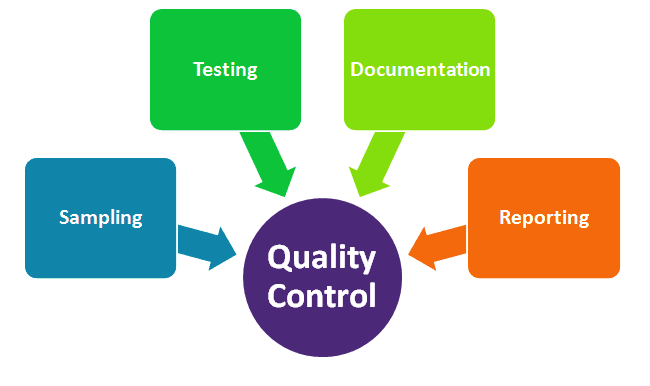After an accident, one of the first things people worry about is how to pay the medical bills. Emergency room visits, follow-up appointments, physical therapy—it adds up fast. It’s no surprise that many injury victims believe the value of their case is tied directly to what they owe in treatment. But while medical bills are an important part of any personal injury claim, they’re far from the whole story.
Focusing only on out-of-pocket expenses overlooks the full extent of what an injury can cost—physically, emotionally, and financially. An injury doesn’t just send you to the hospital. It disrupts your work, changes your lifestyle, and in many cases, causes long-term pain that can’t be measured in invoices. To get fair compensation, it’s essential to look beyond the bills and consider every way your life has been impacted.
Pain and Suffering Have Real Value
Pain and suffering is a legal term that encompasses the physical discomfort and emotional distress caused by an injury. Unlike a hospital bill, it doesn’t come with a number printed at the bottom. But that doesn’t mean it’s any less real. Chronic pain, limited mobility, anxiety, depression, and sleep disturbances are common after serious accidents—and they deserve recognition.
Courts and insurance companies often use various methods to calculate pain and suffering damages, such as the “multiplier method,” which multiplies your medical expenses by a number reflecting the severity of your injury. However it’s calculated, pain and suffering can make up a significant portion of a settlement—and often far exceed the cost of medical care alone.
Lost Wages and Lost Earning Potential
If your injury forced you to miss work, that’s income you didn’t earn—money that would have gone toward your rent, groceries, or family needs. And if your injuries have a long-term impact on your ability to work, your lost earning capacity could be even more significant than your lost wages.
In some cases, injury victims are forced to take on lower-paying jobs, work fewer hours, or stop working altogether. Compensation for this financial hit is just as important as reimbursement for medical bills. Your injury case should reflect not just what you’ve lost so far, but what you’re expected to lose in the future.
Life Disruptions Beyond the Paycheck
Some injuries affect every area of life—your ability to parent, maintain your home, or enjoy the activities that used to bring you joy. Maybe you can no longer play with your kids, go for a run, or travel comfortably. These losses aren’t reflected in a medical receipt, but they’re part of your reality—and they matter.
Personal injury law acknowledges these disruptions as non-economic damages. They’re harder to calculate, but they play a powerful role in settlement negotiations and jury decisions. The goal is to restore, as much as possible, the quality of life you had before the injury.
Future Medical Costs and Ongoing Care
Your bills today might not tell the whole story. Many injuries—especially back, neck, or joint injuries—require ongoing treatment, surgeries, or long-term therapy. Some conditions may even worsen over time. If your case settles too soon, you could be left paying for future care out of pocket.
An experienced personal injury attorney will work with medical professionals to project your future care needs and include those costs in your claim. This ensures that you’re not just compensated for the treatment you’ve already had, but also for what’s still ahead.
Property Damage and Out-of-Pocket Costs
In cases like car accidents, property damage adds another layer to the compensation puzzle. Whether it’s repairing your vehicle, replacing personal items, or covering transportation while your car is in the shop, these costs can add up fast. You may also have expenses like over-the-counter medications, medical equipment, or home modifications.
All of these out-of-pocket costs are recoverable in a personal injury claim—but only if they’re properly documented and included in your demand for compensation.
The Insurance Company’s Narrow View
Insurance companies often try to limit settlements by focusing solely on medical bills. They may ignore or undervalue pain and suffering, lost income, and emotional distress. If you don’t know what your claim is truly worth, it’s easy to accept a low offer that doesn’t cover your total losses.
This is where legal guidance becomes essential. An Oklahoma City personal injury attorney can assess every aspect of your case—not just the bills—and make sure no category of damages is left out. They’ll negotiate with insurers on your behalf, using evidence and expert testimony to build a claim that reflects the full impact of your injury.
Why Full Compensation Matters
Accepting a settlement that only covers medical bills might feel like relief in the short term, but it can lead to long-term regret. Once you settle, you typically can’t go back for more—even if complications arise later or if you realize the full scope of your losses wasn’t accounted for.
A personal injury claim isn’t just about paying off debt—it’s about helping you rebuild your life. That includes your health, your financial stability, and your emotional well-being. A settlement should reflect the true cost of what you’ve endured and the road that still lies ahead.
Don’t Let the Bills Define Your Case
Medical bills are an important starting point in any personal injury claim—but they’re only the beginning. True compensation accounts for everything you’ve lost: your time, your peace of mind, your earning power, and the life you used to know. That’s why it’s so important to work with a legal team that sees the full picture—and knows how to fight for it.
Don’t settle for less than you deserve. Your recovery isn’t just physical—it’s personal, emotional, and financial. And every part of it counts.








